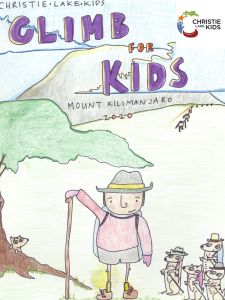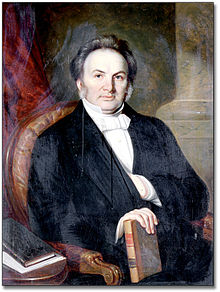Over the past two weeks, I have been collecting ideas and suggestions on what needs to change in Ontario’s education system. Clearly, there are lots of issues that are on the minds of voters and it would be great to see some of these important ideas debated during the current campaign.
Obviously, some issues are overrepresented by people who really have a bone to pick – Regulation 274 being one – but we can still get a sense of what some of the major concerns are, none have to do with returning to a ‘kill and drill’ math curriculum.
So what are some of the big issues?
School safety and mental health are related issues. There are several comments on the need for better mental health supports in schools and for the need to protect students and staff from violent outbursts. The safety of students and current class sizes comes into this. One respondent wrote that they did not feel that having potentially 36 students in a kindergarten class was safe for their child.
I think you could wrap all this into one overall issue – the quality of care in the classroom. Do we have enough support for children in our schools and are we creating the optimum learning environment for our students? Are schools really equipped to adequately deal with mental health challenges and the complex needs of children?
I don’t have a good answer to this question, but it is certainly asked a lot in the survey.
My daughter was supposed to be entering JK in the Fall and we’ve chosen not to enrol her, because 36 kids stuffed into a play-based program with limited resources and objects being thrown at the teacher’s head is not my idea of a good learning environment for ANY child. It fills me with sadness that as a public school teacher I don’t feel safe enrolling my own child in my local public school.
This is actually something that can happen. When we had half-day kindergarten, there was a hard cap of 20 students in the classroom. If you went over 20 students, there was a good chance that another class would have to be created. That cap really disappeared once we went to full-day kindergarten. Sometimes you will be able to split a class of 32 to 36 children into two classes, but there is no guarantee that this will happen and if it does take place it is usually a month into the school year.
Yes, there are other issues that need to be addressed based on this survey. EQAO, teacher hiring practices, the overlap caused by funding Catholic and Public schools, EQAO etc. But let’s start with this issue. Are we doing our very best to ensure a high-quality environment inside the classroom? Are we living with less?
If we could be doing better for our students in very concrete ways why are we not doing this? Why are more educators not saying anything? This is the time for debate, let’s hear more from parents and educators in our province.




















